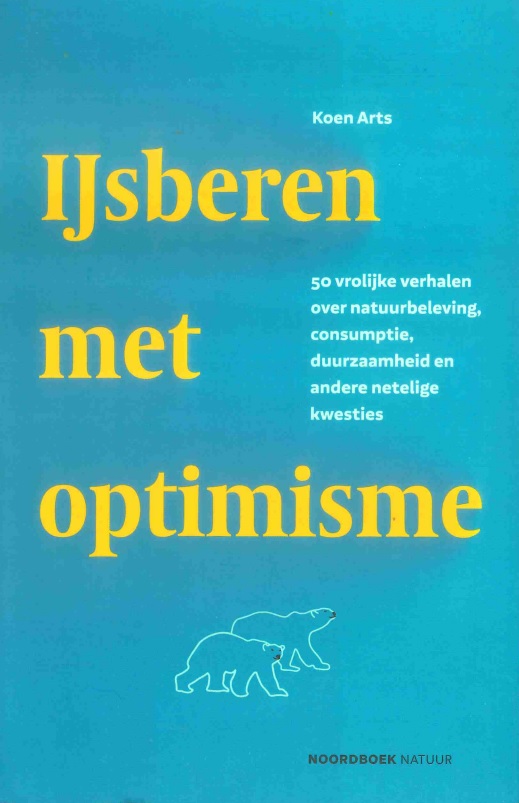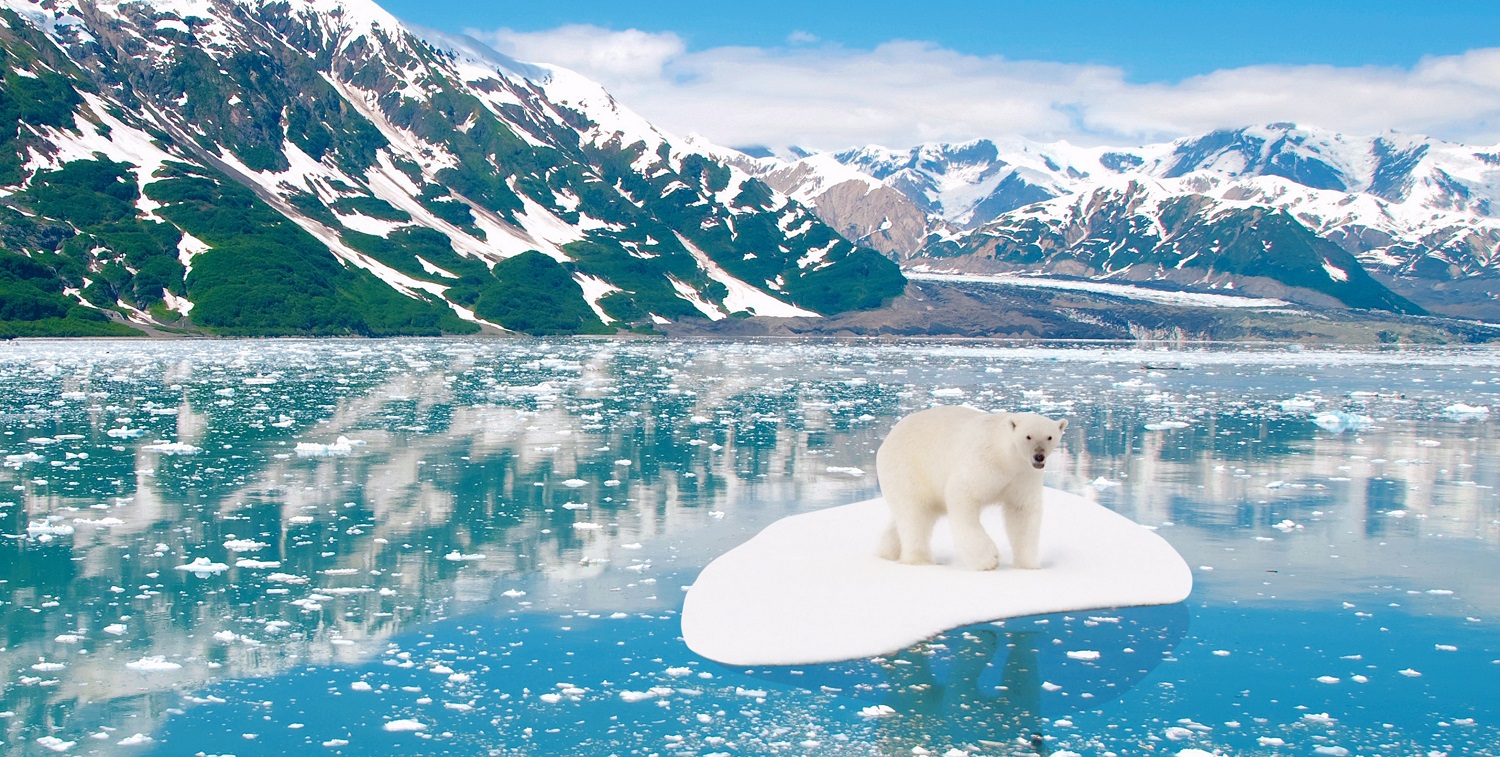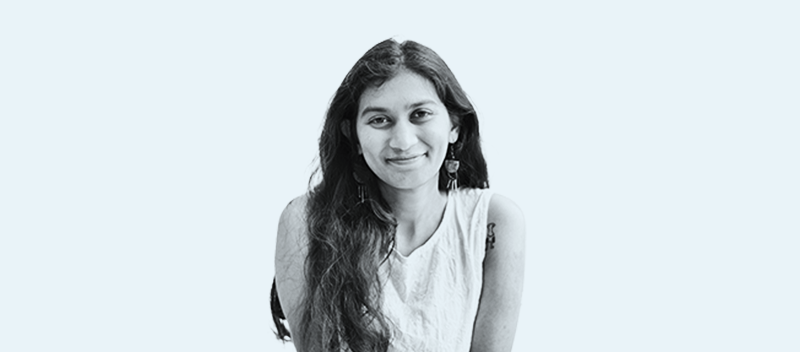In his first novel, Wild Jaar (Wild Year), published last year, Koen Arts, a Forest and Nature Conservation Policy researcher, discussed his adventure of sleeping outdoors for a full year. But, he was a writer long before then. ‘I have, in fact, always written stories and columns’, he says. His latest novel, IJsberen met optimisme (Optimistic polar bears), contains fifty such stories.
The title story is about an imaginary pentathlon between the polar bear (who symbolises climate change) and football player Christiano Ronaldo, the personification of human prowess, commerce, consumerism and everything that has contributed to climate change and the melting away of the polar bears’ habitat.
Harrowing
‘In Dutch, the verb “polar bearing” signifies pacing back and forth impatiently, much like we can see caged animals do’, Arts clarifies. ‘The image of a polar bear on a melting ice floe is harrowing. I attempt to fight that painful image with optimism, humour and quips in my book. I hope people will pace and ponder a little more about the topics in my book than they currently do.’

Arts studies the trinity of nature conservation, daily consumption and environmental issues. ‘We are faced with stories about the impending doom and destruction of the earth almost daily. Still, for many people, it is an issue they consider distant. If you are not within the green bubble, how do these issues affect your daily life?’
Writing stories changes your approach to these issues. It sometimes provides me with surprising insights
Koen Arts, researcher of Forest and Nature Conservation Policy
‘I am interested in studying this trinity’, he continues. ‘And I feel that writing helps me to do so. As a researcher, I am accustomed to writing in a scientifically convincing and substantiated manner. Writing stories changes your approach to these issues. It provides me with new and sometimes surprising insights.’
Berrie Aroundthecorner
Arts’ topics range from playing golf with Donald Trump to the joys of sex in nature, from the carefree nature-serves-humanity Berrie Aroundthecorner to a contemplation on the subtle differences between plastic and synthetic material. The tone is light, but the words are carefully chosen and reveal Arts’ philosophical background.
The way Arts calls out his fellow philosopher Bas Haring is funny but vicious. Haring questions the value of biodiversity. A few species more or less; who cares? Arts confronts him with an absurd image: a world with only Bas Haring duplicates. Want to know how it ends? Read the book!

 Photo Schutterstock
Photo Schutterstock 

